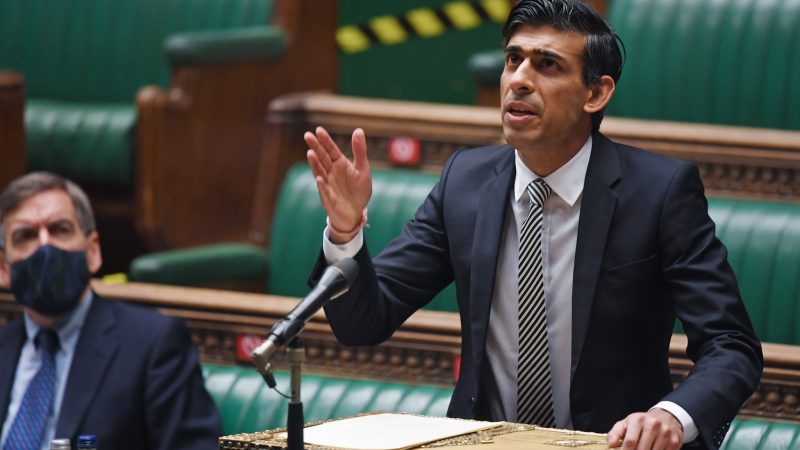
The national ‘living’ wage is set to rise from £8.91 to £9.50 next April, it has been confirmed ahead of Wednesday’s Budget. This is the minimum hourly rate earned by those aged over 23. (For those aged between 21 and 22, there will be an increase from £8.36 to £9.18 an hour, 18- to 20-year olds go from £6.56 to £6.83 and under 18s from £4.62 to £4.81.) Rishi Sunak has said the rise ensures “we’re making work pay and keeps us on track to meet our target to end low pay by the end of this parliament”.
The government has claimed that the 59p rise in the national minimum wage means a full-time worker will get a boost of more than £1,000 a year. But economists have been quick to point out that this is wrong. The figure is a before-tax calculation, and does not take into account the impact of rising inflation or the fact that many employees will lose more of their benefits as their incomes rise. But an increase in the minimum rates of pay is positive, so the labour movement should be happy… right?
Labour has described the rise as “underwhelming”. The opposition party says the increases do not make up for the money being taken away by the Universal Credit cut and hike in National Insurance Contributions. UNISON general secretary Christina McAnea has also highlighted the impact of cuts and tax rises, and added that “low-income families need a boost now”, rather than next year. Usdaw leader Paddy Lillis said all rises were welcome but criticised the Chancellor for not backing the union’s, and Labour’s, call for a £10 hourly minimum.
It is true that the higher rate does not compensate for the loss of the £20-per-week uplift to Universal Credit, introduced earlier in the pandemic. Five million people are affected by the cut to the benefit, while the national living wage rise for over 23s hands a pay increase to two million people. This is because lots of people on Universal Credit do not work and lots of others have low weekly earnings, which is different to having low hourly earnings. The rise simply pales in comparison to the cut, which is the single biggest overnight benefits cut in the history of the welfare state.
It is also badly targeted to compensate for the benefit cut. According to the Institute for Fiscal Studies, minimum wage workers are most heavily concentrated around the middle of the household income distribution, not at the bottom, often because they live with a higher-earning partner. IFS senior economist Tom Waters therefore described raising the minimum wage as a “very imperfect tool to offset cuts to benefits, which are much more targeted at the poorest households”. The think tank also pointed out that for those on the minimum wage and in receipt of Universal Credit, they will actually see their disposable income rise by only £250, as a result of their tax burden increasing and their benefit receipt falling as their income goes up.
What the move does is close the gap between Labour and the Tories on income – at least in terms of rhetoric. Labour campaigned for the Universal Credit uplift to remain, against the hike in NICs and is advocating a £10 minimum wage. These policies combined would leave low-income households in a very different position by next April. But Tory rhetoric on pay is catching up with Labour’s £10 commitment: the government has pledged to increase the national living wage to £10.50 by 2024.
Labour has had well-publicised internal disagreements over the minimum wage. Andy McDonald quit the shadow cabinet during the party conference last month after being told “to argue against a national minimum wage of £15 an hour”, he said, and delegates then passed a motion urging the party to back £15. The former Shadow Employments Right Secretary recently described the current £10 commitment as “desperately outdated”. Taken in the context of cuts and tax changes, Sunak’s living wage rise is, as Labour says, “underwhelming”. But the development also intensifies pressure on the Labour leadership to up its own proposal.




More from LabourList
SPONSORED: ‘Industrial hemp and the challenge of turning Labour’s priorities into practice’
‘A day is a long time in politics, so we need ‘action this day’’
Strong support for child social media ban among Labour members, poll reveals